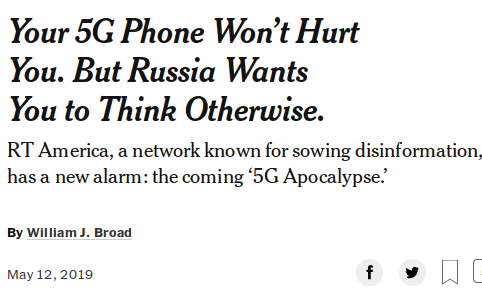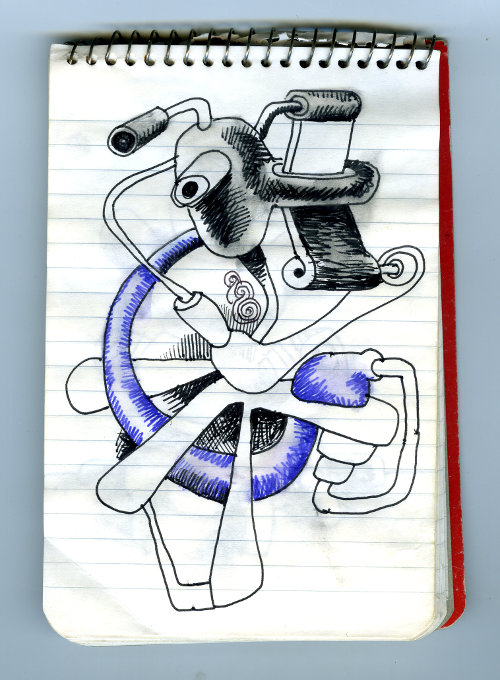Hubert Horan, writing on the Naked Capitalism blog, has offered consistently skeptical analysis of Uber's claims of profitability and inevitability. His coverage of the lousy IPO (which should have surprised no one) is here. A couple of choice bits:
Few, if any of Uber’s narrative claims were objectively true. Hype about powerful, cutting edge technological innovations that could overwhelm incumbents in any market worldwide helped hide the fact that Uber was actually higher cost and less efficient than the operators it had driven out of business. Stories about customers freely choosing its superior products in competitive markets helped hide Uber’s use of massive subsidies to subvert market price signals and mislead investors about its growth economics. Misleading accounts about driver pay and working conditions helped hide the fact that most margin improvement was due to driving driver take-home pay down to minimum wage levels
And:
Outside the mainstream one could find numerous articles critical of Uber/Lyft claims and their lack of business fundamentals. These included observers who thought that there was a huge, dangerous “tech bubble”, or who thought that years of private control had eliminated most future appreciation potential, or who thought Silicon Valley venture capital had become totally unhinged from reality, or who thought that years of artificially low interest rates had destroyed the market’s ability to evaluate business risk, or who had actually discovered how vacuous Uber and Lyft’s S-1 claims were. These minority views were available to investors doing very diligent research, but these observers were never quoted in the New York Times or the Wall Street Journal, much less CNN or CNBC.
Am always bummed out to discover a friend or family member using these services.





